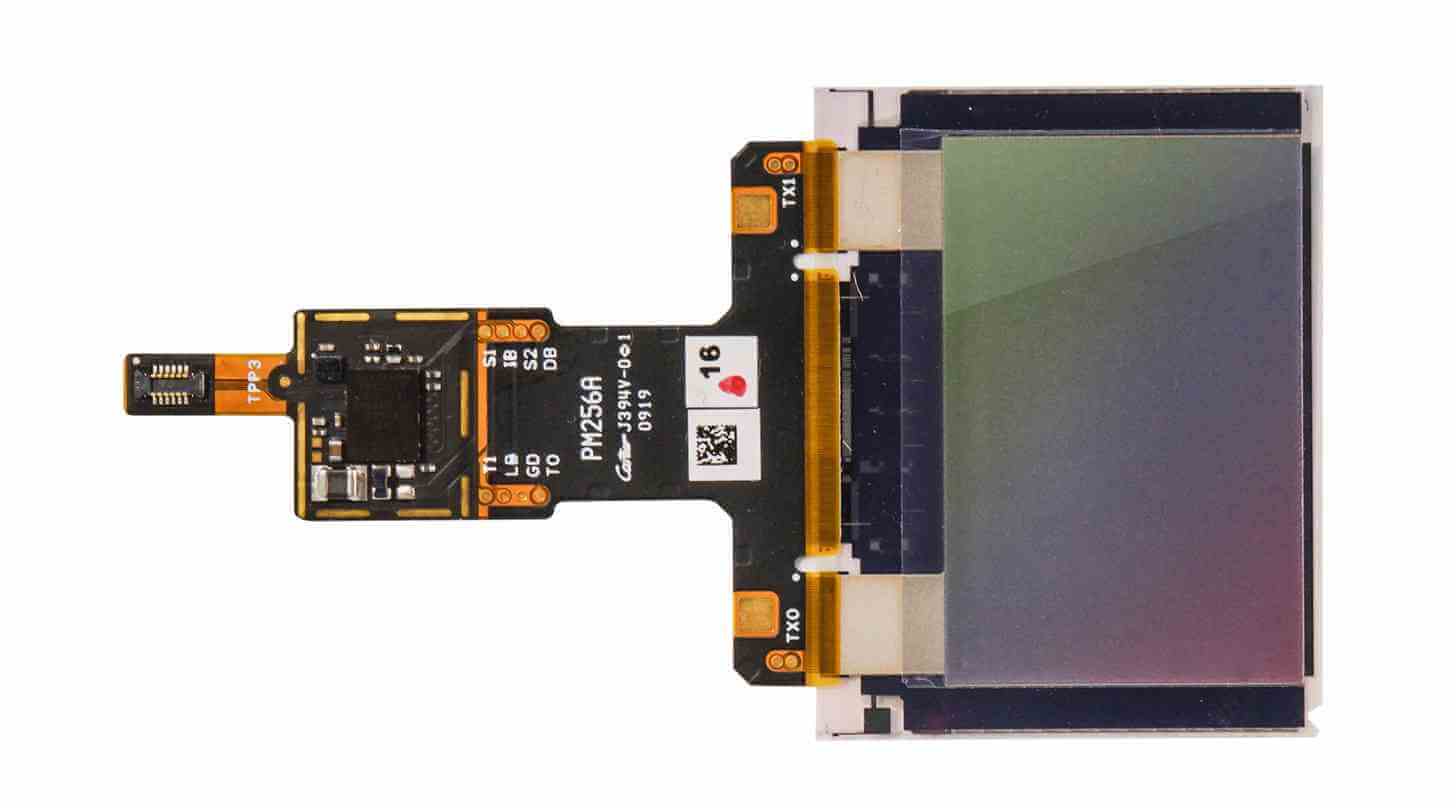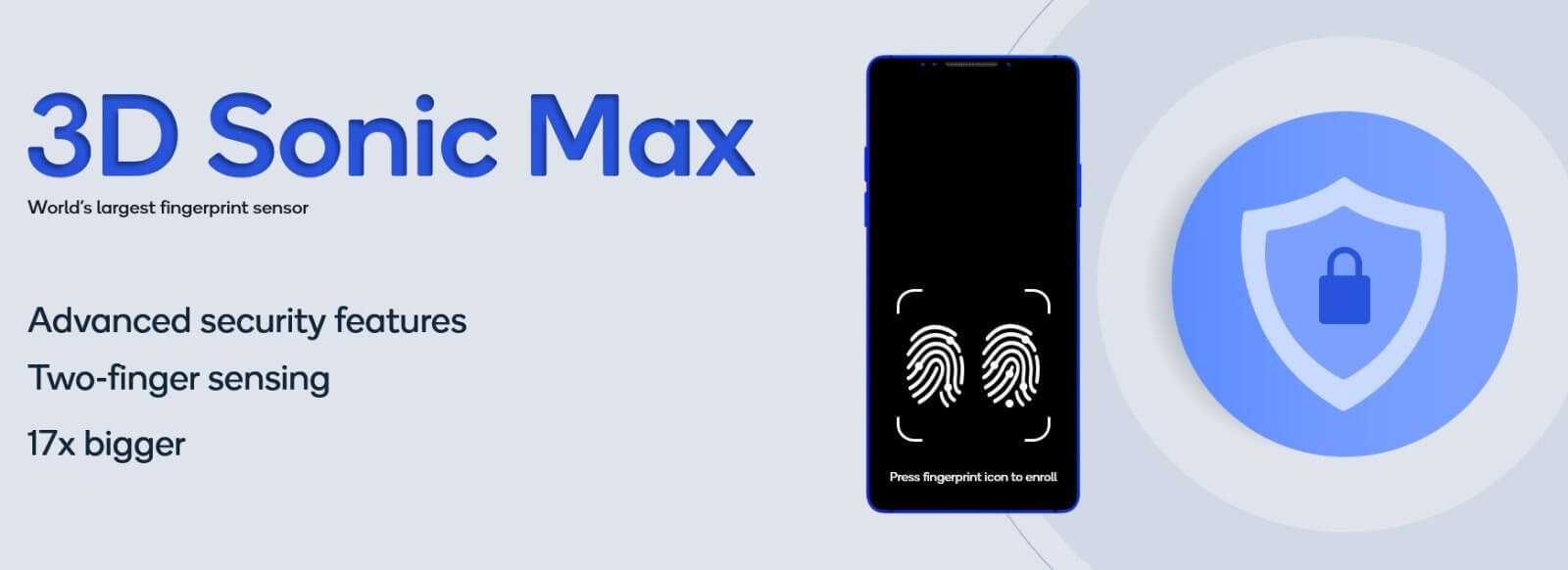In brief: Part of Qualcomm's hardware announcements underpinning most 2020 smartphones, is the company's new and improved ultrasonic in-display fingerprint sensor, appropriately called the 3D Sonic Max, since it has a scanning area that's 17 times larger than the company's first-generation 3D Sonic sensor.
Qualcomm's latest mobile computing platforms were teased at the company's Tech Summit in Hawaii, where it also announced the new and improved second-gen ultrasonic fingerprint sensor for smartphones.
The 3D Sonic Max is meant to overcome the accuracy and slow speed issues of its predecessor that debuted in Samsung's Galaxy S10, but soon caused security problems for the latter, sprouting rumors of Samsung ditching Qualcomm biometrics in its upcoming flagships.

The latest sensor, however, might retain Samsung as a partner, thanks to improved security of the sensor that comes with a rather large scanning area of 600 sq mm, enabling authentication of two-fingers at once.
In an interview with CNET, Qualcomm's SVP and general manager of mobile, Alex Katouzian, said that a larger scanning size would give the phone a clearer image of the fingerprint and let it map more parts of the finger to avoid the screen protector issues that have occurred lately.
"What we've done is collected and bought [with Samsung] multiples of these phone covers, and we've created anti-spoof algorithms that are already released into the market," said Alex, adding that "There's nothing wrong with the fingerprint sensor design."
Besides the improved fingerprint scanning that comes with a larger recognition area, another benefit of the size is that phone manufacturers can implement two-finger authentication for better security. The scanning speed, on the other hand, isn't expected to improve over its predecessor.
Qualcomm's latest sensor is most likely to appear in phones sometime next year, alongside its latest SoCs. According to rumors, the company could also land Apple as the next major customer of its in-display fingerprint tech, with reports claiming at least one 2020 iPhone model to feature Qualcomm's ultrasonic fingerprint sensor to go with Face ID.
